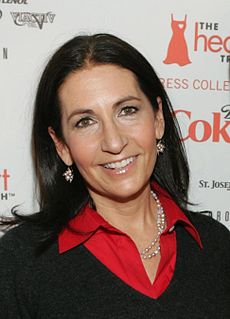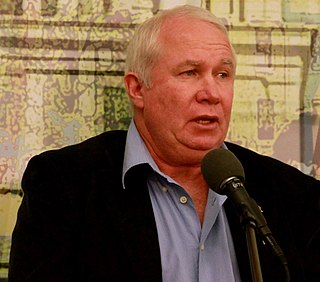A Quote by Sandra Day O'Connor
The proper role of the judiciary is one of interpreting and applying the law, not making it.
Related Quotes
Democracy demands that judges confine themselves to a narrow sphere of influence - that is why the late Alexander Bickel called the judiciary the 'Least Dangerous Branch.' In a world governed by a proper conception of their role, judges don't play at being legislators - they leave that job to our elected representatives.
To be true to its constitutional role, the Supreme Court should refuse to be drawn into making public policy, and it should strike down legislation only when a clear constitutional violation exists. When judicial activists resort to various inventions and theories to impose their personal views on privacy and liberty, they jeopardize the legitimacy of the judiciary as an institution and undermine the role of the other branches of government.
To argue that it is unconstitutional for local law enforcement to be a legitimate partner in immigration enforcement is shortsighted. It is evidence of a lack of commitment to securing our borders and a lack of appreciation for the proper role of the states in supporting federal law enforcement priorities.
I don't think the law exists to arrive at the truth. If it did, we wouldn't have exclusionary rules, we wouldn't have presumptions of innocence, we wouldn't have proof beyond reasonable doubt. There's an enormous difference between the role of truth in law and the role of truth in science. In law, truth is one among many goals.
The study of law can be disappointing at times, a matter of applying narrow rules and arcane procedure to an uncooperative reality; a sort of glorified accounting that serves to regulate the affairs of those who have power--and that all too often seeks to explain, to those who do not, the ultimate wisdom and justness of their condition. But that's not all the law is. The law is also memory; the law also records a long-running conversation, a nation arguing with its conscience.
The rule of law means that law and justice are upheld by an independent judiciary. The judgments of the European Court of Justice have to be respected by all. To undermine them, or to undermine the independence of national courts, is to strip citizens of their fundamental rights. The rule of law is not optional in the European Union. It is a must.
The proper role of government is exactly what John Stuart Mill said in the middle of the 19th century in "On Liberty." The proper role of government is to prevent other people from harming an individual. Government, he said, never has any right to interfere with an individual for that individual's own good.


































